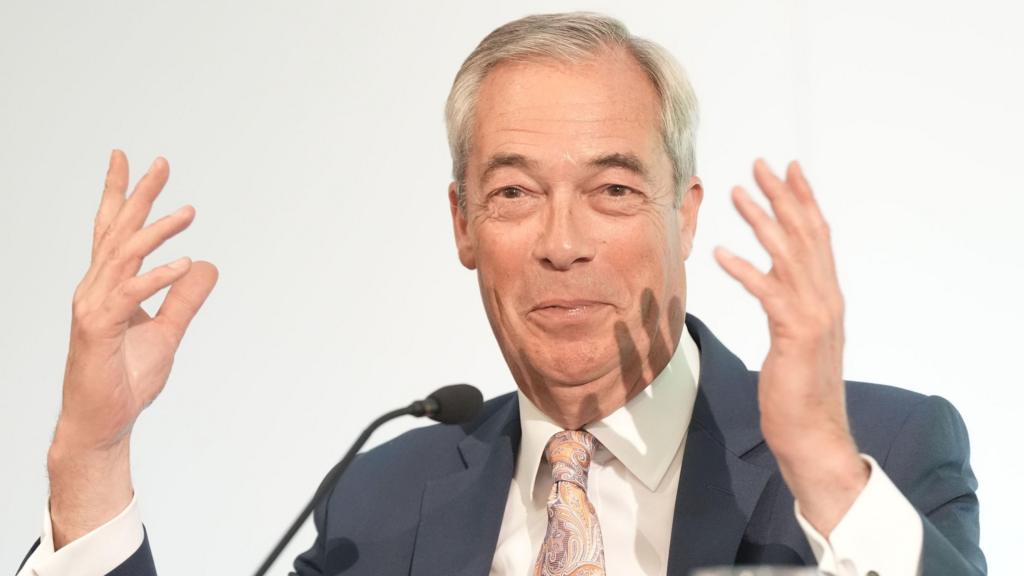Reform UK has unveiled a proposal allowing non-domiciled individuals to avoid certain UK taxes by paying a £250,000 fee. The revenue generated would be directed to the lowest-income earners.
Non-domiciles (non-doms) reside in the UK but maintain a permanent overseas home for tax purposes.
Under Reform’s plan, a “Britannia Card” would grant non-doms exemption from UK taxes on foreign wealth, income, capital gains, and inheritance tax.
Labour’s Shadow Chancellor, Rachel Reeves, criticized the measure as a “tax cut for foreign billionaires,” arguing that Reform would need to either raise other taxes or cut public services to offset the revenue loss.
Reform UK projects annual revenue of £1.5bn-£2.5bn, translating to £600-£1,000 per low-wage worker, distributed tax-free.
Party leader Nigel Farage anticipates attracting “tens of thousands” with the renewable, decade-long card.
Farage emphasized attracting “entrepreneurs, risk-takers, job creators, and high-taxpayers” to boost investment.
Dismissing concerns of “fantasy economics,” Farage highlighted additional revenue from stamp duty and VAT.
Addressing potential property price increases, Farage acknowledged the concern but maintained it wouldn’t impact affordable housing.
The Institute for Fiscal Studies (IFS) expressed uncertainty about the plan’s financial viability.
IFS senior economist Stuart Adam noted potential revenue losses from those already paying UK taxes on domestic income.
He also highlighted potential issues with redistribution to lower-income households, many lacking full-time employment, and the inaccurate representation of household income based on individual earnings.
Tax Policy Associates founder Dan Neidle estimated a £34bn revenue loss over five years, citing the Office for Budget Responsibility.
He warned that the high cost could deter skilled professionals, potentially forcing double taxation in both countries. He also voiced doubt about long-term commitment from the wealthy.
The Labour government previously announced the abolition of non-dom status, ending the tax advantage enjoyed by individuals designating a lower-tax country as their permanent home.
Chancellor Rachel Reeves indicated a more gradual transition after concerns from the non-dom community, amidst reports of wealthy individuals leaving the UK.
The government estimates its non-dom measures will raise £12.7bn over five years.
Previously, non-doms paid annual fees of £30,000 or £60,000 based on UK residency. In 2022-23, 74,000 claimed non-dom status (HMRC).
A Labour spokesperson denounced the Reform UK proposal as a “golden ticket” for tax avoidance, highlighting potential impacts on working families and NHS funding.
Conservative shadow chancellor Mel Stride labeled the plan “fantasy economics” and “ruinously irresponsible.”
Related stories cover alleged fake Botox poisonings and Reform UK’s exclusion from the Durham Miners’ Gala.
Reform UK’s promised efficiency savings face opposition skepticism.
Contrasting views on the former Reform chairman’s leadership emerge, ranging from “powerhouse” to descriptions of workplace chaos.
A councillor was stripped of the party whip over past social media posts, including one supporting Tommy Robinson.
The party reportedly discussed “carbon production” at a recent meeting.

